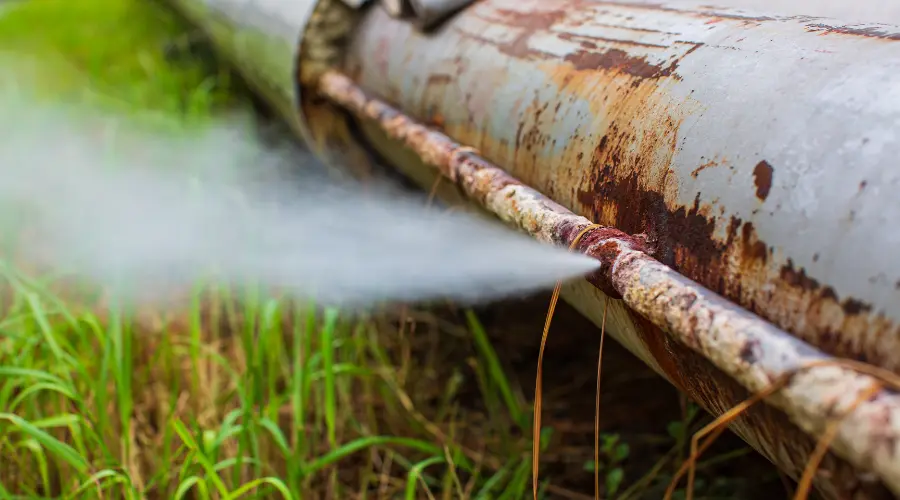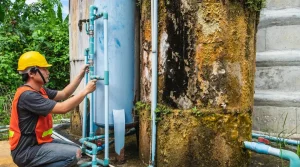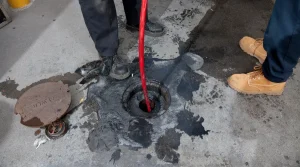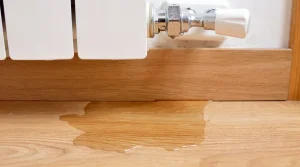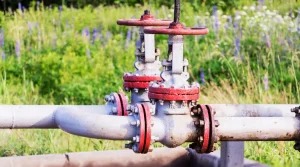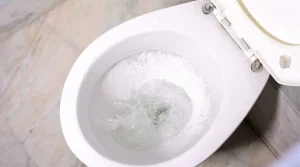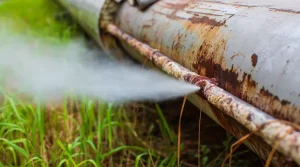Every homeowner’s nightmare: you walk into your house and notice a strange smell. Is it just the trash that needs taking out, or could it be something more dangerous? Gas leaks are silent threats that can lead to devastating consequences if left undetected. But how exactly do you identify a gas leak before it becomes an emergency?
Did you know that natural gas itself is actually odorless? The distinct smell many associate with gas leaks is deliberately added for safety reasons. This critical knowledge could be the difference between prompt action and potential disaster.
In this comprehensive guide, we’ll walk you through everything you need to know about gas leak identification, safety measures, and prevention strategies to keep your home and loved ones protected.
What Does a Gas Leak Actually Smell Like?
The smell of a gas leak is unmistakable once you know what to look for. Natural gas companies add a chemical called mercaptan to natural gas specifically to help people detect leaks. But what exactly does this safety additive smell like?
The Signature Scent of Gas Leaks
Gas leaks typically produce a smell similar to:
- Rotten eggs or sulfur
- Skunk spray
- Strong, pungent odor
- Decaying or decomposing material
This distinctive odor is intentionally unpleasant and strong enough to alert you even to small leaks. The smell is designed to trigger an immediate response, which is critical for your safety.
Many people describe the smell as immediately noticeable and difficult to ignore—and that’s exactly the point. Gas companies have engineered this safety feature to be unmissable, even for those with less sensitive senses of smell.
Beyond the Smell: Other Warning Signs of a Gas Leak
While the smell is the most obvious indicator, gas leaks can present other warning signs you should be aware of:
- Hissing sounds near gas lines or appliances
- Visible damage to gas connections
- Dead or dying vegetation around your property (for outdoor gas lines)
- Bubbles in standing water near gas lines
- Abnormally high gas bills without explanation
- Pilot lights that repeatedly go out
- Difficulty lighting gas appliances
Health Symptoms That May Indicate a Gas Leak
Gas leaks don’t just threaten your property—they can directly impact your health. If you experience these symptoms without another obvious cause, consider the possibility of a gas leak:
Physical Symptoms to Watch For:
- Dizziness or lightheadedness
- Fatigue or weakness
- Headaches that worsen at home but improve elsewhere
- Nausea or vomiting
- Breathing difficulties
- Eye and throat irritation
- Chest pain
- Reduced mental alertness
These symptoms occur because natural gas can displace oxygen in enclosed spaces, leading to various degrees of oxygen deprivation. More concerning is that carbon monoxide—a byproduct of improperly burned natural gas—is completely odorless and can cause similar symptoms.
Immediate Steps to Take If You Suspect a Gas Leak
When you detect the telltale rotten egg smell or notice other warning signs, time is of the essence. Follow these critical steps:
Safety First: Your Emergency Response Checklist
- Don’t create any sparks or flames
- DON’T flip electrical switches
- DON’T light matches or candles
- DON’T use phones inside the building
- DON’T start vehicles in attached garages
- Evacuate immediately
- Get everyone (including pets) out of the building
- Leave doors open while exiting to increase ventilation
- Move to a safe distance (at least 300 feet away)
- Call for help from a safe location
- Contact your gas company’s emergency line
- Call 911 for immediate assistance
- DO NOT return to the building until professionals declare it safe
- Seek medical attention if you’ve experienced symptoms
Remember: Even if the smell dissipates, the danger might still be present. Only qualified professionals should assess whether your home is safe to re-enter.
When Evacuation Is Non-Negotiable
Some situations demand immediate evacuation without any delay:
- Strong, overwhelming gas odor
- Visible gas line damage
- Hissing sounds from gas appliances or pipes
- Multiple family members experiencing symptoms
- Gas leak detection alarms sounding
In these scenarios, every second counts. Don’t waste time gathering belongings—focus solely on getting everyone to safety.
Preventing Gas Leaks in Your Home
Prevention is always better than emergency response. Implement these proactive measures to reduce the risk of gas leaks in your home:
Regular Maintenance and Safety Checks
✓ Schedule annual inspections of all gas appliances and connections by licensed professionals ✓ Replace flexible gas lines every 10 years or according to manufacturer recommendations ✓ Install gas leak detectors in areas with gas appliances ✓ Learn the location of your gas shut-off valve and how to use it ✓ Keep combustible materials away from gas appliances ✓ Follow manufacturer instructions for all gas-powered equipment
Warning Signs Your Plumbing System Needs Attention
Your plumbing system often provides early warning signs before a serious gas leak develops:
- Inconsistent flame color on gas appliances (should be blue, not yellow or orange)
- Excessive condensation on windows near appliances
- Sooty residue around gas appliances
- Appliances that make unusual sounds when operating
- Pilot lights that frequently go out
Any of these signs warrant professional inspection to prevent potential gas leaks before they start.
The Gas Company’s Role in Leak Detection and Prevention
Your local gas utility plays a crucial part in gas leak prevention and response:
- They add the distinctive smell to natural gas
- They conduct regular inspections of main gas lines
- They respond to emergency calls 24/7
- They offer free safety inspections in many areas
- They provide educational resources about gas safety
Most gas companies offer free emergency response when you suspect a leak. Don’t hesitate to call them—they would rather respond to a false alarm than miss a dangerous situation.
Gas Leak Myths vs. Facts
Let’s clear up some common misconceptions about gas leaks:
| Myth | Fact |
| Small leaks aren’t dangerous | Even minor leaks can create explosive conditions over time |
| You can fix gas leaks yourself | Gas line repair requires licensed professionals |
| Gas leak detectors aren’t necessary | Detectors provide an additional layer of safety beyond smell |
| If the smell goes away, the danger is gone | Gas concentration can fluctuate while the leak remains |
| Opening windows eliminates all danger | Ventilation helps but doesn’t resolve the underlying issue |
Conclusion: Stay Vigilant Against Gas Leaks
Gas leaks represent serious but preventable hazards in any home with natural gas connections. By familiarizing yourself with the distinctive rotten egg smell of mercaptan and understanding the warning signs, you can protect your family from potential disaster.
Remember that quick action during a suspected gas leak can save lives. Don’t hesitate to evacuate and call for professional help if you detect the signature smell or notice any warning signs we’ve discussed.
Prevention through regular maintenance remains your best defense. Consider scheduling a comprehensive inspection of your gas lines and appliances today.
Need Professional Gas Line Inspection or Repair?
Don’t wait until a gas leak creates an emergency situation. Our expert plumbers at Plumber North Bergen can inspect your gas lines, repair potential issues, and provide peace of mind for your family’s safety.
Call Plumber North Bergen today at (201) 389-9959 for prompt, professional service.

